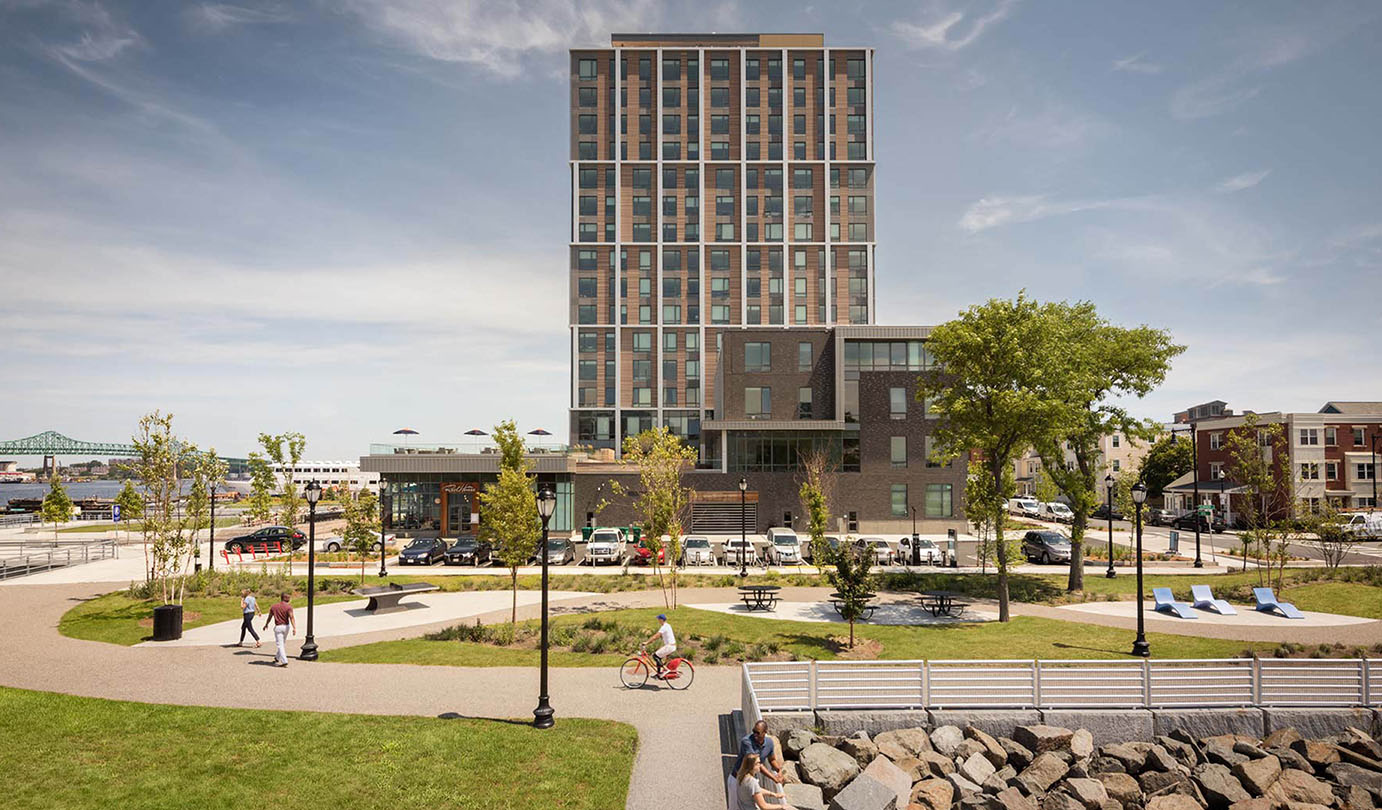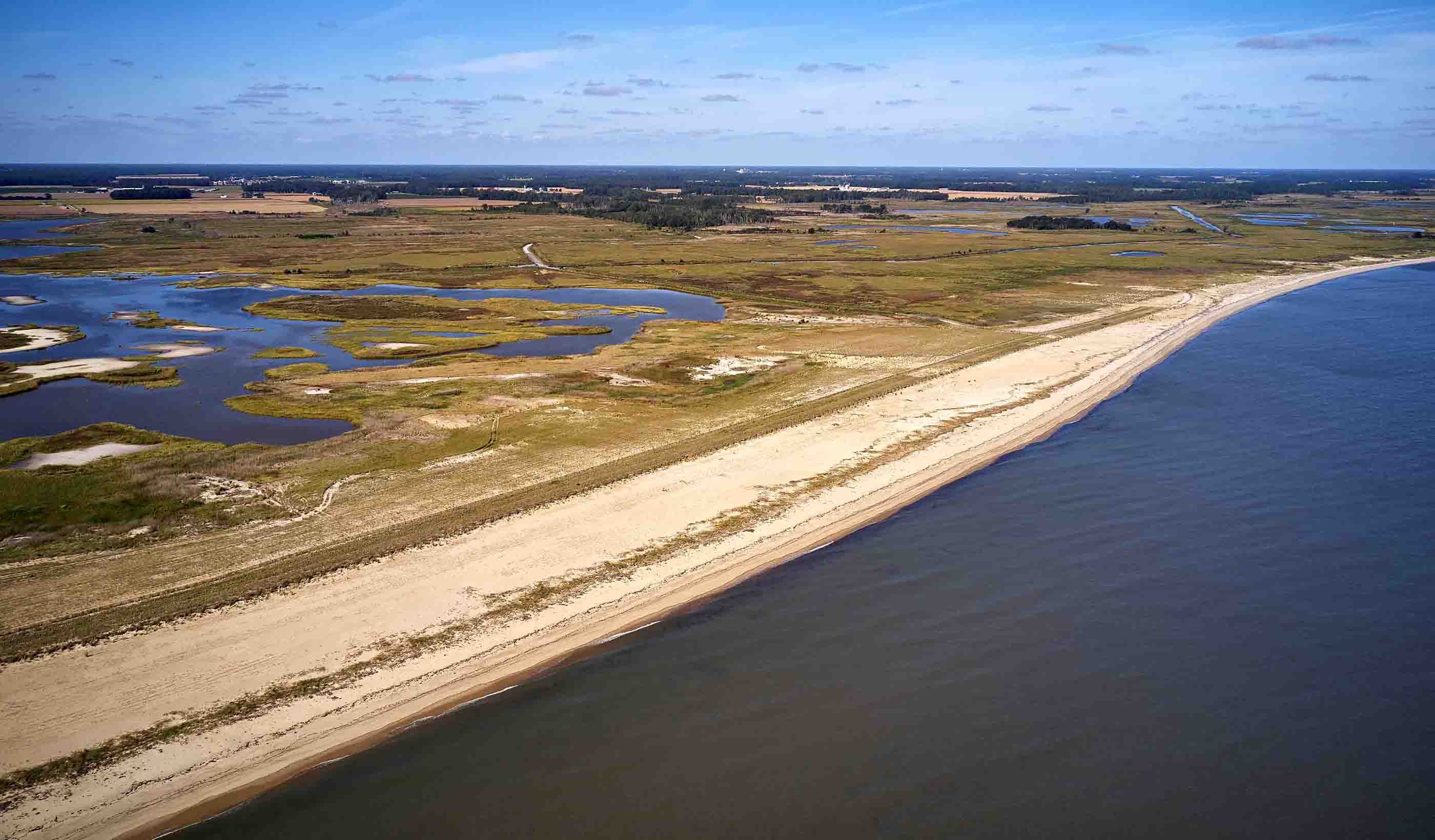- Location
- Boston, Massachusetts
- Offices
-
-
Client
-
-
The Barr Foundation
-
- Location
- Boston, Massachusetts
- Offices
- Client
-
- The Barr Foundation
Share
Barr Foundation Climate Program
Increasingly, local communities are turning toward climate resilience strategies to help prepare for, adapt to, and transform from climate change impacts. Actions range from implementing policies for resilient development, to meaningful public engagement, to dedicating resources to at-risk groups.
In Greater Boston, The Barr Foundation set out to characterize their own resilience by using a rubric. They were looking to measure where communities are in their journey toward climate resilience and aimed to identify barriers and opportunities to help communities boost their resilience. Our team was there to help. How? By assembling a committee with advisors from various municipalities and regional organizations to help guide the development of key indicators of resilience. A survey was carefully crafted and sent to over 100 municipalities in the region.
The survey revealed that most respondents are leaning into resilience but are in the very early/emerging phases of doing so. This indicates a landscape ripe for support through future financial and technical assistance—such as a guide to regional climate data sources, support for engaging with priority populations, and opportunities for peer-to-peer knowledge sharing within the region. The Barr Foundation intends to apply these results in shaping their Climate Program and future resilience grant programs in support of climate initiatives in the Metro Boston region.
- Location
- Boston, Massachusetts
- Offices
-
-
Client
-
-
The Barr Foundation
-
- Location
- Boston, Massachusetts
- Offices
- Client
-
- The Barr Foundation
Share
Stefani Harrison, Senior Associate, Water Planning Engineer
As an engineer and planner, I appreciate the intersection of technology and policy and embrace the complexities of multi-purpose projects.
We’re better together
-
Become a client
Partner with us today to change how tomorrow looks. You’re exactly what’s needed to help us make it happen in your community.
-
Design your career
Work with passionate people who are experts in their field. Our teams love what they do and are driven by how their work makes an impact on the communities they serve.























